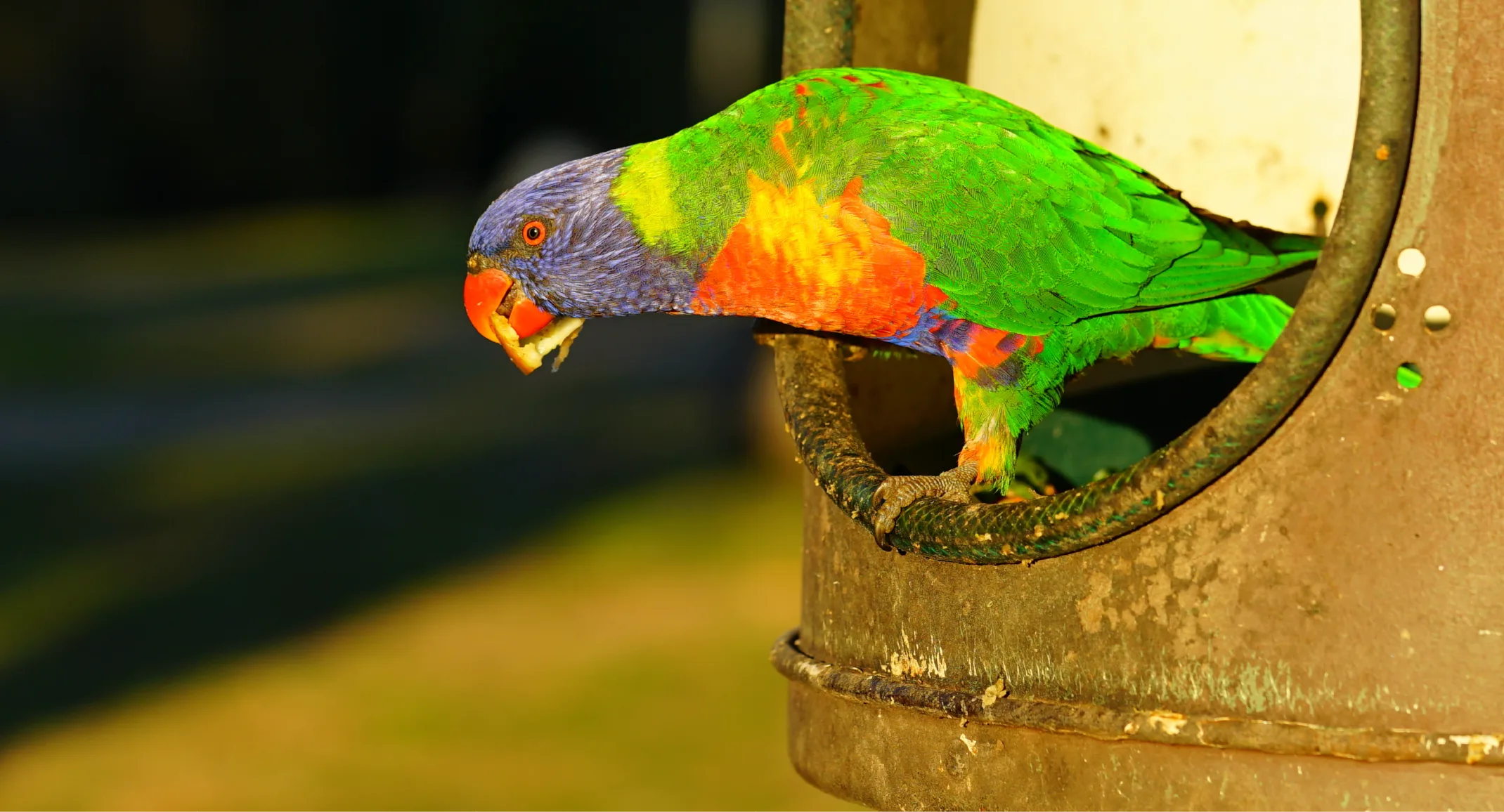Just like dogs and cats, birds need regular wellness checks and vet visits to make sure they are healthy and happy. An excursion to the bird vet can be a lot for your avian friend, however, which is why the team at Dickinson Animal Hospital & Pet Wellness Center is here to give you some tips on making the trip as pleasant as possible for your favorite bird.
Bird to Vet: How Do You Make the Trip?
If you properly prepare for your trip to the veterinarian, it will put a lot less stress on your bird. Be sure to do the following before your next vet visit:
We recommend bringing your bird in a pet carrier designed for comfort and airflow.
Make sure the carrier is the right size for your bird and is escape-proof!
Don’t bring toys or water.
Do bring used cage paper for the veterinarian to examine.
Take a picture of your bird’s bag of food and bring a small sample.
Consider the weather. Bundle up the carrier and warm up the car in cool, damp, or frigid temperatures.
If your pet is nervous when exposed to new things, cover the carrier to reduce stress while you drive to the clinic. Make sure to remove the cover once you’re in an examination room. Your bird will want to see where it’s landed!
The carrier should be a familiar space for your bird. Use favorite treats to train them to go in and out without fuss or worry.
Towels are often used to hold birds in position for an exam. Talk to us about how to train your bird to be okay when wrapped up in a towel!
When Should I Take My Bird to See the Vet?
Birds are experts at hiding pain and disease. They don’t want anybody to know—especially predators—that they’re under the weather.
Some symptoms of possible illness to watch for:
Lethargic, not sitting on a perch, sleepy.
Sitting on the bottom of their cage (they’re not picking up pellets!).
Head tucked under a wing or droopy wings.
Continuous ruffling of feathers.
Picking at or preening feathers or not cleaning themselves.
Bald spots.
Poor balance or walking in circles.
Vocal changes.
Changes in its droppings, form, and color.
Trouble breathing.
Changes in eating and drinking habits.
Your feathered friend is hiding its head under a wing. It’s not playing with toys, is listless, and not eating. These could be signs of serious illness. Call us immediately if you suspect your bird is sick.
What Happens During the Examination?
Remember the towel training? That’s where this comes in! Your vet will secure your bird in a towel, which allows for a safe and straightforward examination. Your pet will be physically examined from beak to claw (or talon), and your veterinarian will review your pet’s health history. If necessary, we will perform blood work and other diagnostic tests.
Meet Our Avian Specialist
Dr. Robin Scott has been studying pet care since 1989. Her love of birds and exotics sets her apart. She was recognized in 1997 with Diplomate Status in the American Board of Veterinary Practitioners, Avian Practice Specialty. She loves birds as much as you do and works hard to keep them in optimal health.
At Dickinson Animal Hospital & Pet Wellness Center, we pride ourselves on experienced staff dedicated to helping your pets live happy and healthy lives. Contact us with questions or concerns about your pet’s health and wellbeing.

